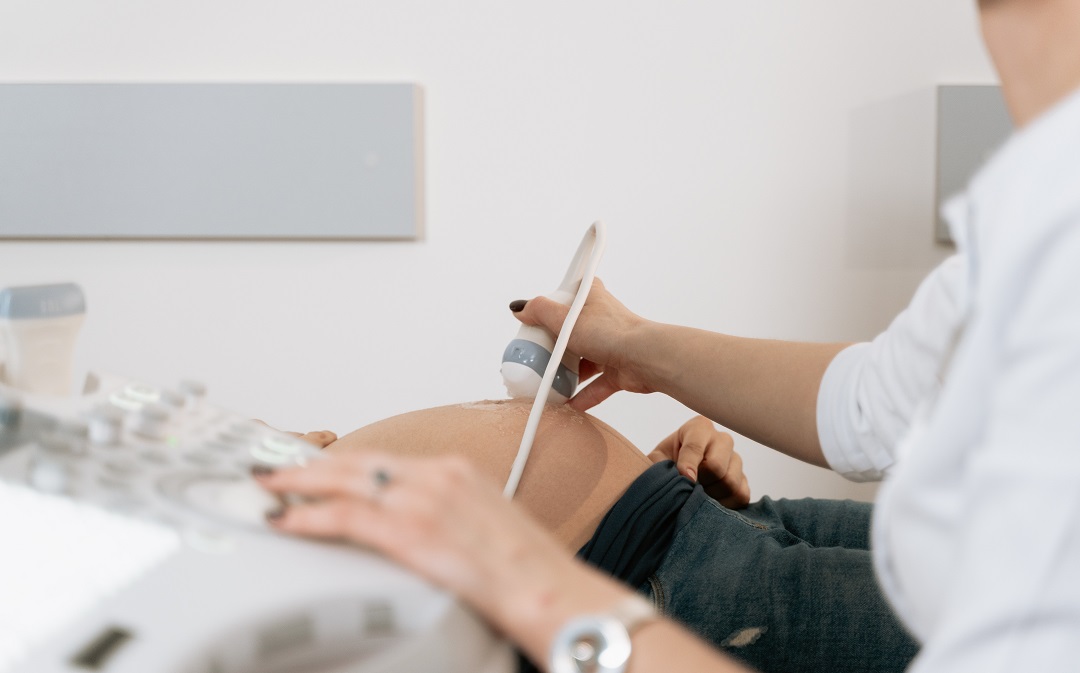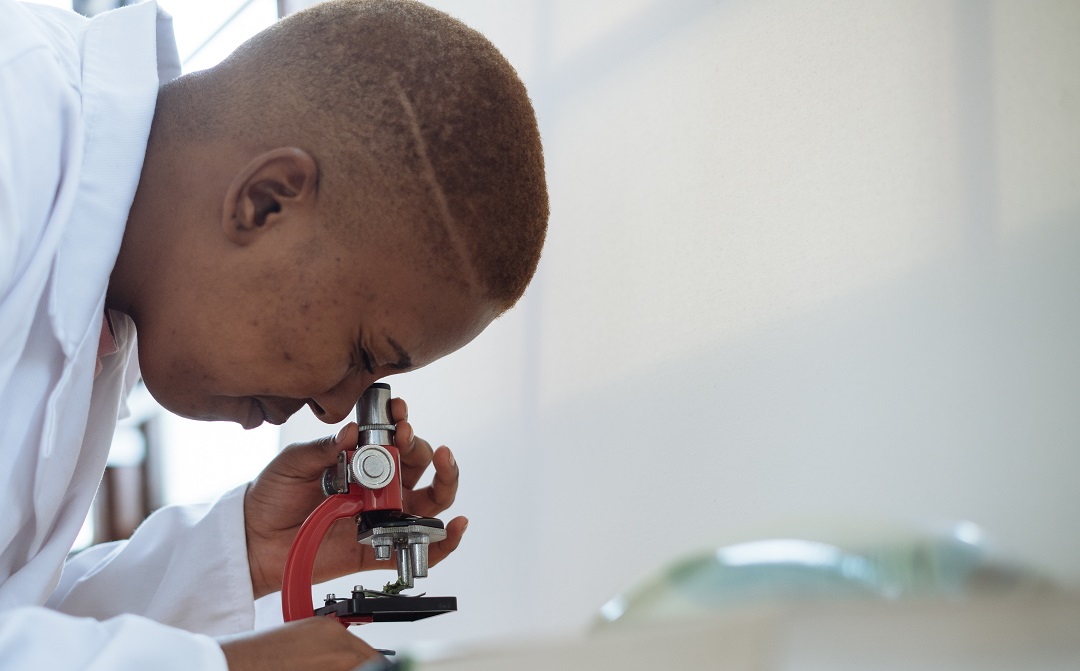The right medical assistant skills can make all the difference in your career. Without the necessary skills, you’ll find it difficult to succeed in this demanding field.
Identifying and leveraging the skills that can make or break your career as a medical assistant is essential to your success. The HIGH5 strengths test can be an invaluable tool in this process, helping you uncover your unique strengths and how they align with the demands of medical assisting. Whether you aspire to work in a hospital, clinic, or doctor’s office, understanding your strengths through the HIGH5 assessment can guide you in developing the skills needed to excel in patient care and medical procedures alike.
In this article, we’ll discuss the top medical assistant skills you need to succeed in this career along with tips on how to develop them.
Let’s get started.
What are Medical Assistant Skills?
Medical Assistant skills are the abilities and knowledge that are necessary to perform the duties of a medical assistant. Medical assistants must have excellent communication, customer service, and organizational skills. They must be able to multitask and work well under pressure.
In addition, medical assistants must have a strong understanding of medical terminology and be able to perform basic clinical tasks.
Medical assistants must also be able to work well as part of a team. They must be able to take direction from physicians and other medical professionals and follow instructions carefully. Medical assistants must also be able to interact with patients professionally and compassionately.
Medical assistant skills can be learned through on-the-job training, although many employers prefer candidates who have completed an accredited medical assisting program.
Some medical assistants may also choose to pursue certification through organizations such as the American Association of Medical Assistants or the National Healthcare Association.
While not required, certification can demonstrate to employers that a medical assistant has the knowledge and skills necessary to perform their job duties competently.
Employers may also require medical assistants to complete continuing education courses regularly to stay up-to-date on the latest developments in the medical field.
Why Is it Important To Recognize Medical Assistant Skills & Their Benefits?
Recognizing your skills as a medical assistant is crucial for leveraging them effectively in your career. The HIGH5 strengths test offers a unique approach to this self-awareness, helping medical assistants identify not just their skills, but their innate strengths. By understanding your strengths through the HIGH5 assessment, you can more effectively apply your skills in patient care, administrative tasks, and clinical procedures. This self-awareness leads to increased job satisfaction and performance, as you’re able to align your natural talents with the demands of your role.
Second, medical assistants who are familiar with the benefits of their skills are more likely to be motivated to use them. Finally, medical assistants who understand the importance of their skills are more likely to be able to advocate for themselves and their careers.
Here are the main benefits of being a skilled medical assistant:
- Skilled medical assistants are more likely to be able to provide quality patient care.
- They are more likely to be able to get jobs.
- They are more likely to be able to keep their jobs.
- They are more likely to be able to earn higher wages.
- They are more likely to be able to advance in their careers.
- They are more likely to be able to provide better patient care.
- They are more likely to be able to improve the quality of care they provide.
- They are more likely to be appreciated by their patients.
- They are more likely to be respected by their colleagues.
- They are more likely to be able to have a lasting impact on the lives of their patients.
Pro Tip From HIGH5
Leverage your HIGH5 strengths in your daily tasks. If ‘Empathy’ is one of your top strengths, use it to enhance patient communication and comfort. If ‘Analytical’ is a key strength, apply it to maintaining accurate medical records and interpreting test results.
10 Crucial Medical Assistant Skills
Let’s now consider specific medical assistant skills examples.
Interpersonal Skills
Medical assistants need to have excellent interpersonal skills since they will be working with patients daily. This means being able to communicate effectively, both verbally and in writing. It also requires the ability to empathize with patients and understand their needs.
Organizational Skills
An important part of a medical assistant’s job is to keep the office organized and running smoothly. This means having strong organizational skills and being able to multitask efficiently. Medical assistants need to be able to juggle many tasks at once and prioritize them accordingly.
Clinical Skills
Medical assistants need to have basic clinical skills to perform their duties effectively. This includes taking medical histories, performing basic physical exams, and collecting lab specimens. In some states, medical assistants may also be allowed to give injections or assist with minor surgical procedures.
Administrative Skills
In addition to clinical duties, medical assistants also have many administrative responsibilities. This includes scheduling appointments, filing insurance forms, and billing patients. Medical assistants need to be proficient in a variety of office software programs to perform these tasks effectively.
Critical Thinking Skills
Critical thinking skills are important for medical assistants because they often have to make decisions quickly and under pressure. For example, they may need to decide whether or not a patient needs to be seen by a doctor urgently. They also need to be able to troubleshoot problems that arise in the office.
Teamwork Skills
Medical assistants need to be able to work effectively as part of a team. This includes being able to communicate well with other members of the healthcare team, such as doctors and nurses. It also requires the ability to collaborate on projects and tasks.
Time Management Skills
Time management skills are important for medical assistants because they often have to juggle many tasks at once. They need to be able to prioritize their workload and use their time efficiently.
Stress Management Skills
Since medical assistants often work under pressure, they need to have good stress management skills. This includes being able to stay calm under pressure.
Customer Service Skills
Medical assistants need to have excellent customer service skills since they will be working with patients daily. This means being able to communicate effectively, both verbally and in writing. It also requires the ability to empathize with patients and understand their needs.
Interpersonal Skills
Finally, medical assistants need to have excellent interpersonal skills. This means being able to communicate effectively, both verbally and in writing.

How To Identify and Develop Medical Assistant Skills?
Luckily, if you’re interested in becoming a medical assistant, there are plenty of ways to gain the skills you need. Whether you enroll in a formal training program or simply learn on the job, mastering these essential skills will help you succeed in this rewarding career.
The process to identify and master medical assistant skills may vary depending on your employer or the type of facility in which you work. Here are some of the best ideas to help you identify which skills are most important for medical assistants:
- Speak with your supervisor – One of the best ways to identify what skills you need to work on is to speak with your supervisor. They will likely have a good idea of the areas in which you need improvement and can give you specific guidance on how to develop those skills.
- Observe experienced medical assistants – Another great way to learn medical assistant skills is to observe experienced professionals at work. This will give you a chance to see first-hand how they perform their duties and interact with patients and other staff members.
- Enroll in a formal training program – If you’re serious about becoming a medical assistant, enrolling in a formal training program is one of the best things you can do. These programs will provide you with the opportunity to learn all the essential skills you need to be successful in this career.
- Use online resources – Several great online resources can help you learn medical assistant skills. In addition to websites, there are also many helpful videos and articles available that can provide you with valuable information.
- Get experience in a variety of settings – Another tip for gaining medical assistant skills is to get experience in a variety of settings. This will allow you to develop your skills in different environments and see how they transfer to other situations.
- Consider the right strengths test that can help you find the perfect career – After taking a closer look at the strengths test, you will be able to better understand how your skills fit into the medical assistant role. This will help you determine if this is the right career path for you. The High5test.com strengths test is a great tool to use for this purpose.
Pro Tip From HIGH5
After taking the HIGH5 test, create a development plan that focuses on applying your top strengths to key medical assistant responsibilities. This targeted approach will accelerate your skill development and increase your effectiveness in the role.
How To Improve Medical Skills in The Workplace?
In your day-to-day work as a medical assistant, you will be using many different skills. Some of these skills will be technical, such as taking vital signs or administering injections.
Others will be more interpersonal, such as communicating with patients and their families. No matter what type of skill it is, there are always ways to improve.
Here are a few suggestions on how to improve your medical skills in the workplace:
- Make sure you are keeping up with your continuing education requirements. In most states, medical assistants are required to complete a certain amount of continuing education credits every year to maintain their certification. By keeping up with your CEUs, you can make sure that you are staying up-to-date on the latest changes in the medical field.
- Get involved in your professional organization. The American Association of Medical Assistants (AAMA) is a great resource for medical assistants. By getting involved in your professional organization, you can network with other medical assistants and learn about the latest news and developments in the field.
- Stay up-to-date on new technology. Technology is always changing, and it’s important to stay ahead of the curve. There are many ways to do this, such as reading articles or taking courses on new medical technologies.
- Take advantage of online resources. There are many websites and online forums that are geared specifically toward medical assistants. These resources can be a great way to learn new tips and tricks and to stay up-to-date on the latest news in the medical field.
- Get a mentor. The HIGH5 test can reveal your unique strengths profile, which you can use to find a mentor whose experience complements your natural talents. For example, if the HIGH5 test identifies ‘Learner’ as one of your top strengths, look for a mentor who can challenge you with new skills and knowledge. If ‘Relationship Building’ is a key strength, find a mentor who excels in patient care and team collaboration. This strengths-based approach to mentorship ensures that you’re not just improving general medical skills, but developing in ways that feel natural and energizing to you.
Pro Tip From HIGH5
Share your HIGH5 strengths profile with your mentor. This will help them understand your natural talents and tailor their guidance to leverage your strengths in developing crucial medical assistant skills.
How To Highlight Medical Assistant Skills In Resume & Job Interview?
Getting the job you want as a medical assistant begins with the right resume. Listing the right skills on your medical assistant resume can help you land interviews and ultimately, the job itself. But what exactly are the best skills to list on a medical assistant resume?
First, take some time to assess your skills. What do you excel at? Do you have experience working with patients or in customer service? Are you detail-oriented? These are all qualities that would be beneficial to highlight on a medical assistant resume.
In terms of hard skills, there are certain medical assistant skills that employers will look for when reviewing resumes. For example, many employers require medical assistants to be certified in CPR and first aid. If you have this certification, be sure to list it prominently on your resume.
Other medical assistant skills that employers value include strong communication skills, the ability to work well under pressure, and experience with electronic medical records (EMR) systems. If you have any of these skills, mention them on your resume.
In addition to listing your skills on your resume, you will also need to be prepared to discuss them in an interview. When asked about your skills, be sure to give specific examples of how you have utilized them in the past. This will help the employer understand how you would be able to use those skills in the job they are hiring for.
Here are some examples of how you could discuss your medical assistant skills in an interview:
- I have excellent communication skills that I have developed through my experience working with patients.
- I can explain medical procedures and terminology in a way that is easy for patients to understand.
- I am very detail-oriented and organized, which has helped me excel in administrative tasks such as scheduling appointments and maintaining medical records.
- I am certified in CPR and first aid and have extensive experience providing basic medical care to patients.
By highlighting your best skills on your resume and in your job interview, you will increase your chances of getting hired as a medical assistant. With the right skills, you can land the job you want and start making a difference in the lives of others.
Related: 23 Medical Secretary Interview Questions and Answers
What Are Differences Between Soft & Hard Medical Assistant Skills?
When you are considering a career in medical assisting, it’s important to understand that there are both hard and soft skills required for success. Hard skills are those that can be learned through training or education, while soft skills are more personal traits that you either have or don’t. Here’s a closer look at both types of skills and how they can impact your career.
Examples of Hard Skills for Medical Assistants
As a medical assistant, you will need to have a strong understanding of basic medical procedures and terminology. You should also be comfortable using computers and other technology to maintain patient records and schedule appointments.
Other important hard skills include:
- Strong communication abilities
- The ability to multi-task
- Great organizational skills
- Strong attention to detail
Examples of Soft Skills for Medical Assistants
In addition to hard skills, medical assistants also need to have certain soft skills to be successful.
These include:
- A positive attitude
- The ability to work well under pressure
- Great people skills
- The ability to handle difficult situations and patients calmly
If you have both types of skills, you’ll be well on your way to a successful career as a medical assistant.
Bonus Tip: How To Make a Medical Assistant Checklist
A medical assistant checklist can serve as a great reminder of the responsibilities that come with the job. This can help you stay on top of your tasks and ensure that you are meeting the expectations of your patients and your employer.
When creating a medical assistant checklist, be sure to include:
- Greeting patients
- Updating patient records
- Collecting patient information
- Taking vitals
- Assisting with exams
- Administering injections
- Drawing blood
- Preparing lab specimens
Following these guidelines will help you create a comprehensive medical assistant checklist that will serve as a valuable tool in your career.
Medical Assistant Skills FAQs
What is the most important skill for a medical assistant?
The most important skill for a medical assistant is the ability to multitask. Medical assistants need to be able to handle a variety of tasks at the same time, such as taking a patient history and vital signs, scheduling appointments, and handling insurance paperwork. They also need to be able to effectively communicate with patients, doctors, and other medical staff.
What are the 3 responsibilities of a medical assistant?
The three main responsibilities of a medical assistant are clinical duties, administrative duties, and patient care duties. Clinical duties include tasks such as taking patient histories and performing basic lab tests.
Administrative duties include tasks such as scheduling appointments and handling billing and insurance paperwork. Patient care duties include tasks such as providing emotional support to patients and their families.







